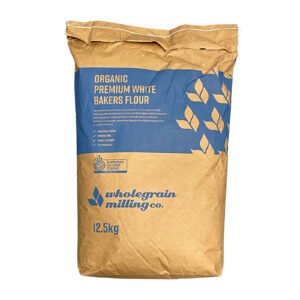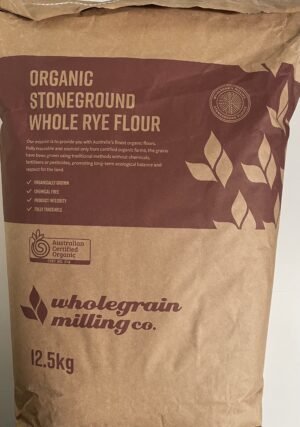Why sourdough is the best for gluten sensitivity is a topic of increasing interest as more people become aware of their body’s reactions to gluten.
Gluten sensitivity, unlike celiac disease, does not damage the intestine but can cause symptoms like bloating, diarrhea, constipation, and fatigue when gluten is consumed.
These symptoms can significantly impact quality of life. Sourdough, with its unique fermentation process, has been found to be more tolerable for those with gluten sensitivity, offering a way to enjoy bread without the discomfort typically associated with gluten.
Sourdough Equipment: Essential Tools for Making Bread at Home.
Table of Content
The Fermentation Factor in Sourdough
The reason why sourdough is the best for gluten sensitivity largely lies in its fermentation process.
Traditional sourdough fermentation involves a longer period than regular bread, allowing lactobacilli (naturally occurring bacteria) to fully act on the dough.
This process breaks down a significant amount of the gluten present in wheat, making the final product easier to digest for those with gluten sensitivity. The longer fermentation time reduces the bread’s FODMAPs (a group of fermentable carbohydrates that can cause symptoms in sensitive individuals), further making it a more suitable option.
Nutritional Benefits of Sourdough
Another aspect of why sourdough is the best for gluten sensitivity is its nutritional profile.
Sourdough fermentation can enhance the nutritional value of bread by increasing the availability of important nutrients.
It reduces phytate levels, which can inhibit the absorption of minerals like iron, zinc, and magnesium.
For individuals with gluten sensitivity, who often have to limit their choice of grains, sourdough offers a more nutrient-dense option. This makes it not only easier on the gut but also beneficial for overall health.
Improved Digestibility and Taste
Finally, why sourdough is the best for gluten sensitivity is its improved digestibility and superior taste.
The breakdown of gluten during fermentation makes sourdough easier to digest. This can significantly reduce the symptoms experienced by those with gluten sensitivity. Additionally, the complex flavors developed during the fermentation process make sourdough a delicious alternative to regular bread.
This means that individuals with gluten sensitivity can enjoy bread without compromising on taste or experiencing discomfort.
Why sourdough is the best for gluten sensitivity is a blend of science and culinary art. Its fermentation process not only makes it more digestible for those with gluten sensitivity but also enhances its nutritional value and taste.
While it’s not suitable for individuals with celiac disease, for those with gluten sensitivity, sourdough offers a way to enjoy bread without the usual negative reactions associated with gluten. It’s a comforting solution for many who thought they had to give up bread entirely.






